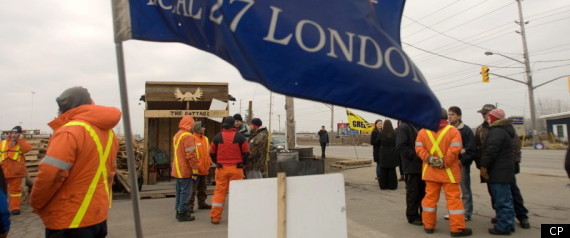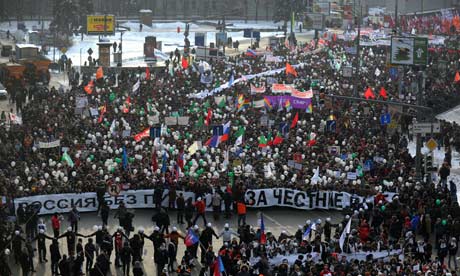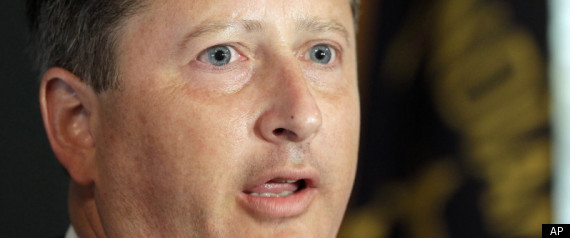The women who say Walmart discriminates aren't giving up.
Five hundred female employees in Alabama, Arkansas, Georgia, Mississippi and North Carolina filed discrimination charges last week with the Equal Employment and Opportunity Commission, a federal agency that litigates on behalf of workers against their employers. The filings will pave the way for women to continue their fight in lower courts after being turned away last summer by the Supreme Court in their class action against Walmart. The women argue that Walmart systematically favors men over women for raises and promotions.
The new filings also send a message to the giant retailer: Despite the landmark Supreme Court ruling in Dukes vs. Wal-Mart, the women will continue in their quest for justice.
"When the Supreme Court's decision came down, Walmart announced that the case was over," said Joseph Sellers, co-lead counsel for the Walmart plaintiffs. Things are far from over, according to Sellers, who argued the Dukes case. Sellers' firm and other lawyers for the plaintiffs say that they have been contacted by 12,000 women reporting discrimination at Walmart. Some were involved in the Dukes case and others are reporting new allegations. In October, plaintiffs from the Dukes case launched new class actions in California and Texas courts.
Five hundred female employees in Alabama, Arkansas, Georgia, Mississippi and North Carolina filed discrimination charges last week with the Equal Employment and Opportunity Commission, a federal agency that litigates on behalf of workers against their employers. The filings will pave the way for women to continue their fight in lower courts after being turned away last summer by the Supreme Court in their class action against Walmart. The women argue that Walmart systematically favors men over women for raises and promotions.
The new filings also send a message to the giant retailer: Despite the landmark Supreme Court ruling in Dukes vs. Wal-Mart, the women will continue in their quest for justice.
"When the Supreme Court's decision came down, Walmart announced that the case was over," said Joseph Sellers, co-lead counsel for the Walmart plaintiffs. Things are far from over, according to Sellers, who argued the Dukes case. Sellers' firm and other lawyers for the plaintiffs say that they have been contacted by 12,000 women reporting discrimination at Walmart. Some were involved in the Dukes case and others are reporting new allegations. In October, plaintiffs from the Dukes case launched new class actions in California and Texas courts.
























